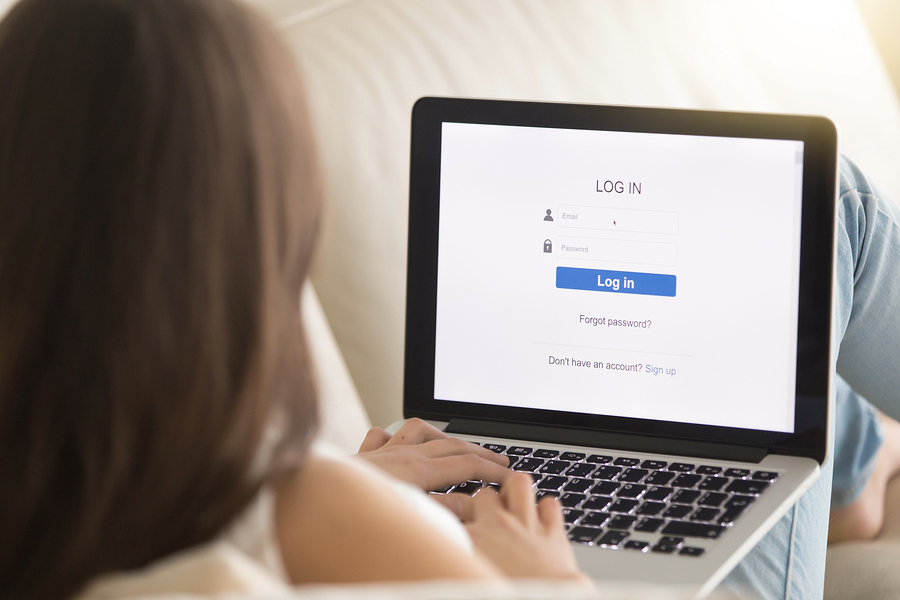The internet provides us with entertainment and convenience, but it can be scary to share your personal information online.
Hacking and identity theft are real fears for internet users. In fact, it has been shown that hacked passwords account for over 80% of data breaches in the telco market.
Fortunately, there are many methods of choosing and protecting your passwords so that you can feel secure while online. Read on for some tips to manage your passwords and keep them safe.1.
Use a service like LastPass to store and share passwords
It can be frustrating to try to remember all of your many passwords and it is not always a good idea to store them somewhere on your computer as your computer can be hacked. You could write all of your passwords down, but it would be inconvenient to make sure you had them with you when you needed them. A great option is to use a service like LastPass. LastPass stores all of your passwords for you, keeps them safe, and lets you access them when you need them. You can also store important documents and share important information with others. As well, LastPass gives your family access to your passwords in the event of an emergency.
2. Use different passwords for everything
It may be tempting to use the same passwords for all of the different sites you use because it is so convenient to remember only one password. You probably even have a friend who boasts about having used the same password for the last 20 years.
However, this can be dangerous. If a hacker gets one of your passwords, then they can get into all of your accounts. It is important to use a different password for each site that requires a login. If you are worried about keeping up with all those passwords, then consider a service like LastPass.
3. Change your passwords regularly
Another way to keep your passwords safe is to change them regularly. It is recommended that you change your password every few months. This way, if a hacker does get access to one of your passwords, they will not be able to use it for long.
4. Never type in your passwords in public internet cafes or on wifi networks
You should never enter any personal information into a public computer or wifi network. If you are not using a secure network, then the information you enter is likely not secure.
If you are on a public computer, you are just leaving your information open to the person who uses the computer after you. That person may very well be a hacker, as hackers love to frequent public internet cafes. If you have no choice but to use a public computer or wifi network, implement a VPN, or virtual private network to keep your information safe.
5. Choose strong passwords
One of the best ways to protect your passwords is to choose a strong password, to begin with. You may want to choose an easy-to-remember password like ilovemydog123, but those types of passwords are very easy to hack.
You don’t necessarily have to choose a series of random letters, numbers, and symbols, but try to pick something that is not obvious. You could choose a favorite song lyric then pick out a couple of words from that lyric. Throw in a couple of numbers and capitalise a letter or two and you will have a much stronger password.
Wrap
It is possible to have a safe and secure password if you take these simple precautions. Protect your information from hackers and enjoy your time on the internet without fear of your identity being stolen.

